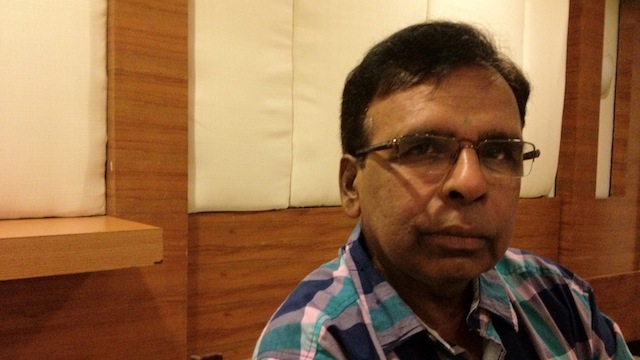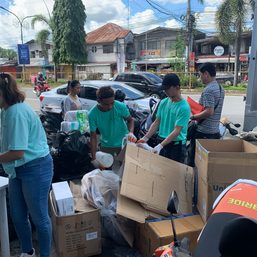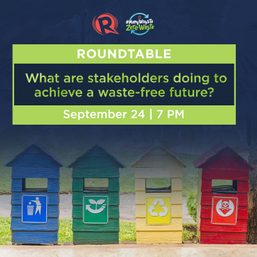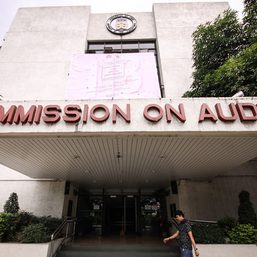SUMMARY
This is AI generated summarization, which may have errors. For context, always refer to the full article.
MANILA, Philippines – He used to be poor, and now he is a hero for the poor.
Kulandei Francis grew up in southern rural India, where his parents sold their only plot of land so he could go to the university.
There he discovered that his calling was not to make money but to help others like his own family, and 30 years later he can be proud of having empowered tens of thousands of poor farmers — among them many women — who are now able to irrigate their land and borrow money from the bank like any businessman.
Francis has been distinguished with the Ramon Magsaysay Award in 2012 for his “visionary zeal, profound faith in community energies, and sustained programs in pursuing the holistic economic empowerment of thousands of women and their families in rural India.”
Inspired by his origins
“I come from a very poor family. My mother struggled to take care of her children, and that motivated me to do some type of work for the poor,” Francis told Rappler.
After graduating from college, he chose the remote village of Natrampalayam to start his Integrated Village Development Project (IVDP).
“When I arrived, there was no water, no sewage, no employment, no agriculture. And I thought, why are people suffering? They have land, but the land cannot produce anything.”
Francis soon came to the conclusion that people could only come out of poverty if he could figure out a way to make the land productive.
He then thought of setting up a micro-watershed program that built small check dams to irrigate not only Natrampalayam, but also more than 60 other villages in the region.
This project was completed with reservoirs to collect the abundant rains from the monsoons. Now all these communities are self-sustaining.
Bank loans for the poor
He had done much already, but they are still not enough.
Francis took the next step: to approach the banks and find a way for them to lend money to the poor, something traditionally against their business practices, especially in India which carried a huge risk of default.
“We thought about how to get credit for these poor coolie farmers. Banks did not give them any loans and they would have to go to moneylenders who charge them 50% interest.”
Individually, yes, but what if they were a collective?
“We started getting them (the farmers) into groups and rotating their savings so they could be linked to the banks. We trained them, we organized them to manage their savings, and slowly but surely, banks started giving them loans.”
“They became empowered, safe from moneylenders and able to solve their own problems,” Francis said in an interview with Rappler.
Not microfinance
Francis stressed that his system is not traditional micro-financing, but rather organizing community members into clusters and federations so their bulk deposits are substantial enough to obtain preferential treatment from the bank as a collective client.
“It was not easy to work with the banks. it took a long time to convince them to give loans. Our model is forming groups so that the poor can have access to loans, but it only works if the banks cooperate.”
Francis also explained that IVDP has developed its own system to monitor and train the groups so there are no loan defaults.
He also noted that they reject subsidies because “they can lead to ideological problems and cannot be given to all the groups.”
“Some may get, others may not get, and that affects the group concept. Also, once it is free, people fail to repay the loan.”
PH banks ‘not helping the poor’
Francis knows the Philippines well after traveling many times to inspect development projects in the past 20 years.
He said the biggest challenge to replicating his scheme here is that the banks are simply “not reaching the poor.”
“The microfinance model is dead. The government should look into laws and regulations so that the poor can have loans. It is the best way to get them out of poverty.”
Francis recommended that the Philippines learn from his country’s experience.
“In India also, many years back, the banks were not for the poor. Now they are giving direct loans. It is the responsibility of the government, of the banks; they should reach out to the poor.” – Rappler.com
Add a comment
How does this make you feel?









There are no comments yet. Add your comment to start the conversation.